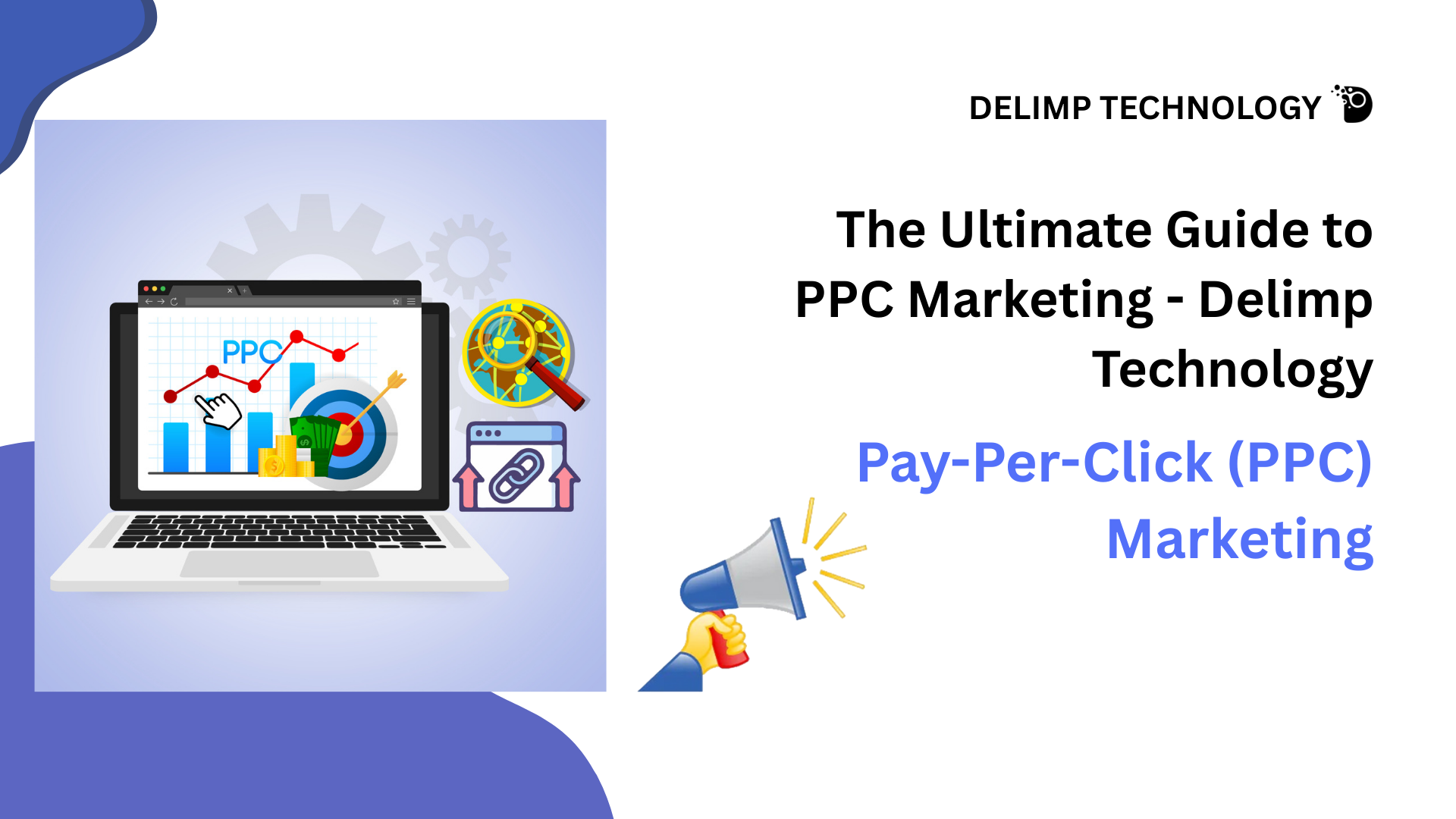When it comes to digital marketing, maximizing return on investment (ROI) is always the goal for businesses. Pay-for-Performance SEO Services is a pricing model that includes only a cost-per-action focus. They will only pay for the measurable results they want when it comes to digital marketing, such as website traffic, search engine rankings, or conversions. This pricing model will come with its advantages, but will also carry challenges. In this blog, we will cover the advantages and disadvantages of SEO services to see if they are a good option for the company.
SEO Services
Delimp Technology provides a Pay-for-Performance SEO Service that ensures the customer only pays when there are measurable results, including improved search ranking outputs, increased website traffic, and conversions. Our expert team will pinpoint the goals of the agency and produce customized strategies to produce real and measurable outcomes. We believe in transparency and accountability, and believe in working with the company to achieve sustainable growth from marketing.
Advantages
1. Risk Reduction
The best thing about Seo Services is that it lowers the risk for businesses in terms of cost. Traditionally, companies pay an upfront fee for a service without a guarantee of execution by the vendor. In this model, they only pay for the provided outcomes and results. This process reduces the risk of wasted investment into benefits that do not provide measurable output, making them feel overall better about purchasing benefits (especially if they have a tight budget).
2. Tracking clear results
One of the main reasons businesses choose to invest in Seo services is that they can track clear, measurable results. Payment is tied to a set of specific outputs, like better rankings, more visitors to the website, or closed sales, so the agency can determine if the campaign was successful by tracking actual outcomes. This also enables firms to determine if they are getting value for money with their investment in terms of the consequences of digital marketing strategies.
3. Motivation for Service Providers
For marketing agencies or consultants working with a performance-based model, they are directly motivated to get the product. Their income is dependent on meeting client goals. There are no second chances or opportunity costs that typically accompany a timeslot. Each investment at this stage must be measured, and pushing the metrics as high as possible is the only concern. This usually leads to more creative and targeted marketing, as the vendors will work on what matters most to get the output the business desires.
4. Flexibility and Scalability
Companies only pay when there are results, meaning the amount they allocate for a campaign can be adjusted based on actual implementation. Pay-for-performance Seo Service in Australia has the most flexible payment structure in the industry. If the output is promising and they want to maximize their ROI, they can invest more money. If the outcomes are less than expected, they can allocate fewer funds or cease spending altogether. Scalability makes this model appealing, especially for small firms or startups that may not have access to a surplus of financial support.
5. Increased Accountability
When payment is based on execution, accountability exists for service providers. The accountability means that suppliers must focus on value to clients, since their compensation is contingent on campaign success. It also shapes a more transparent relationship where businesses can see the benefits of their investment.
Disadvantages
1. Unpredictable Outcomes
One of the most significant drawbacks is that there is a degree of uncertainty. Search engines constantly update their algorithms, market trends change, and competition is fluid. Therefore, the outcomes will always vary. No matter how skillfully you put a prospectus in place, there is no guarantee that output will be consistent across a campaign. The uncertainty of outcomes can be frustrating, especially when firms have specific goals and deadlines for their campaigns.
2. Short-Term Focus
The service provider may be mostly focused on getting a quick win in order to achieve their targets. While this focus on eagerness, for short-term, quick results, is highly adaptable, the outcomes are not always feeding into the longer-term digital marketing agenda. Sustainable development usually requires sustained efforts, such as content, link-building, and user experience improvement efforts, over time. As such, sustainable achievements may get ignored in a scenario, leaving suppliers to satisfy short-term product needs only.
3. Clients with unrealistic expectations
In some instances, firms may have unrealistic expectations of the speed and volume of consequences expected in a way. SEO is a long-term effort that usually takes months to show any meaningful output. However, clients might expect to get a truckload of traffic quickly or to rank in the top slot for a competitive keyword almost immediately, which could lead to disappointment if the product takes too long to see.
4. Pressure for Service Providers
The performance model provides incentives for service providers to deliver value, but can also create significant pressures. Most vendors will not make any money unless they meet certain goals, which creates a lot of stress to implement. This pressure could at times lead to unscrupulous practices, shortcuts, or taking more risks than they would normally take to achieve rapid output using manipulative approaches. Therefore, the company could unintentionally risk harming its online presence down the road.
5. Competitive Markets May be Difficult
In a more competitive market, it can be a bit harder to get the product you are aiming for. Even when the strategy is solid, you may find it difficult to outrank competitors who have been established longer, or even just drive traffic over the crowded competitive landscape. This can be particularly disheartening when it is a high cost to obtain customers or closely competing for keyword rankings, and in some instances, you may find you are unable to meet your performance metrics within a reasonable timeframe.
Conclusion
Performance-based SEO Services offer several benefits, including reduced risk, measurable ROI, and a strong incentive for service providers to deliver output. Additionally, it provides businesses the flexibility and scalability to increase or decrease their spend as their campaigns are strategized. However, results can be unpredictable, and incentives can cause vendors to prioritize short-term outputs versus long-term strategies. In addition, unrealistic expectations from clients and the pressure put on suppliers can be a challenge as well.





